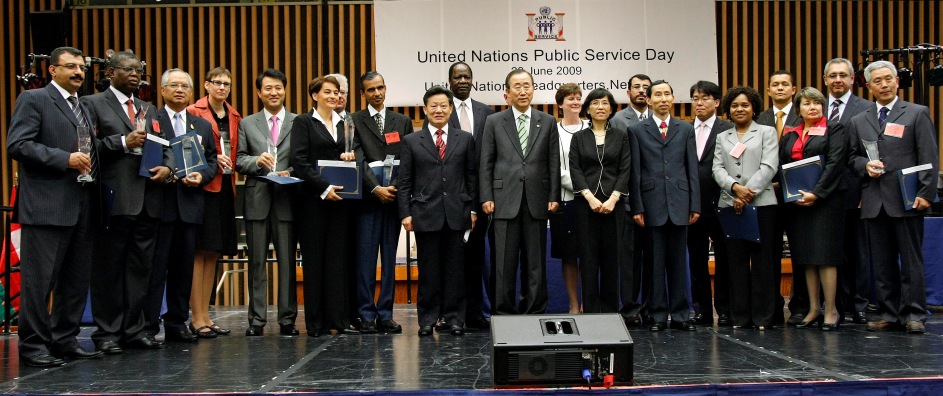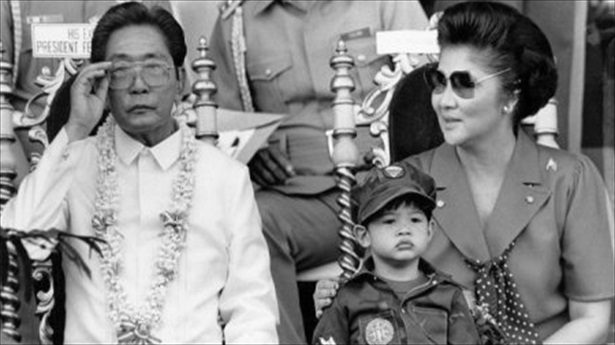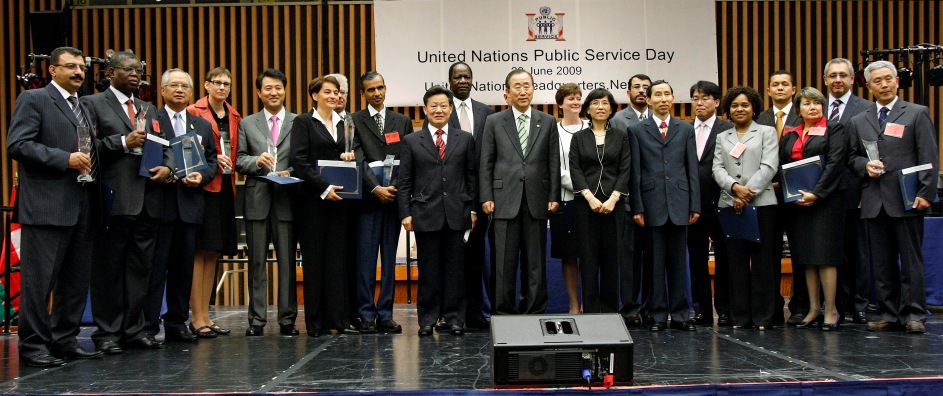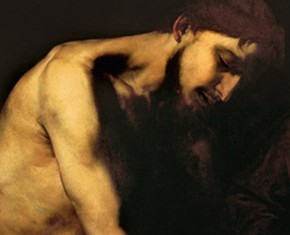The views expressed in our content reflect individual perspectives and do not represent the authoritative views of the Baha'i Faith.
 Today the world observes Public Service Day, celebrating the value and virtue of public service and recognizing the work of excellent public servants.
Today the world observes Public Service Day, celebrating the value and virtue of public service and recognizing the work of excellent public servants.
Every year on this day the United Nations also gives its annual Public Service Awards to countries that demonstrate excellence in their public service programs. These prestigious awards recognize the “creative achievements and contributions of public service institutions” which lead to more effective and responsive governments in every nation around the world. The UN Public Service Awards promote the role, professionalism and visibility of exemplary civil service to the public, and recognize that democracy and successful governance build their success on competent, compassionate and trustworthy civil servants.
Unfortunately, trust in government has suffered around the world in past years, as corruption and dishonesty run rampant through so many civil and governmental institutions.

Ferdinand Marcos and his wife Imelda (1985)
Many modern nations have battled governmental corruption, but the Philippines actually put it on display. In 1986, the people of the Philippines overthrew the corrupt Marcos regime in a largely non-violent revolution. Ferdinand and Imelda Marcos fled the country with 33 cases of gold, leaving behind a palace filled with staggering amounts of personal belongings, clothes, jewelry and art objects, all bought with money stolen from the public treasury. Far beyond Imelda’s famous shoe collection, experts estimated that the 21 years of the Marcos kleptocracy resulted in a theft of more than $50 billion from the Filipino people, which plunged the entire nation into economic chaos.
While the Filipinos lived in abject and devastating poverty their rulers and their retinue lived in unimaginable wealth and splendor.
Shortly after the People Power revolution in the Philippines I toured Malacanang palace, which the new government had preserved exactly as the previous inhabitants had left it, a veritable museum of corruption.

Imelda owned more then 2700 pairs of designer shoes
The display stunned me. Fifteen thousand dresses. A 40-foot long shelf of 10-gallon bottles of French perfume. 150 Italian handbags, tossed in a corner. Pile after pile of exorbitantly expensive trinkets, baubles and knickknacks. Rows and rows of new designer merchandise, stacked to the ceiling, still in boxes. Diamonds and rubies and gold dripping from the overstuffed drawers of a twelve-foot-high bank vault. It seemed like consumerist materialism as a deadly disease, and I couldn’t think of any response except absurd laughter.
But then I saw the first group of poor Filipinos finish their tour. They wept. To a person — man, woman and child — the hideous exhibit they witnessed disturbed them so deeply that they wept. They had lived through the terrible poverty and injustice this massive theft and fraud engendered. They had seen children starve and adults destroyed and communities devastated by this horrible, insane graft and greed. They knew firsthand the human cost of this corruption.
For Baha’is, civil and public service represents a sacred trust. When you work for the common good, for civil society, the Baha’i writings say, you must be scrupulously honest and trustworthy, even if your work pays you very little:
Those persons who are selected to serve the public, or are appointed to administrative positions, should perform their duties in a spirit of true servitude and ready compliance. That is to say they should be distinguished by their goodly disposition and virtuous character, content themselves with their allotted remuneration and act with trustworthiness in all their doings. They should keep themselves aloof from unworthy motives and be far removed above covetous design; for rectitude, probity and righteousness are among the most potent means of attracting the grace of God and securing both the prosperity of the country and the welfare of the people.
Glory and honour for man are not to be found in fortunes and riches, least of all in those which have been unlawfully amassed though extortion, embezzlement and corruption practiced at the expense of an exploited populace. Supreme honour, nobility and greatness in the human world, and true fidelity in this life and the life to come — all consist in equality and righteousness, sanctity and detachment. If a man would seek distinction he should suffice himself with a frugal provision, seek to better the lot of the realm, choose the way of justice and fair mindedness, and tread the path of high-spirited service. Such a one, needy though he be, will win imperishable riches and attain unto everlasting honour. – Abdu’l-Baha, Trustworthiness: A Cardinal Baha’i Virtue, p. 22.
Baha’is around the globe try their best to live up to this very high standard. Being a Baha’i does not mean perfection, though – it means committing to strive for it.
















Comments
Sign in or create an account
Continue with Googleor